Description
Nizam-ud-din Auliya & Khwaja Muinuddin Chisti: Encyclopaedia of Saints of India, written by S.R. Bakshi and Sangh Mittra, is an in-depth exploration of the lives and legacies of two prominent Sufi saints who played significant roles in shaping the spiritual and cultural landscape of India. This comprehensive work delves into the lives of Nizam-ud-din Auliya and Khwaja Muinuddin Chisti, presenting an encyclopedic account of their teachings, mystical experiences, and the profound impact they had on the society of their time.
The book begins by setting the historical context of medieval India, providing readers with a backdrop against which the lives of these two saints unfolded. The authors skillfully paint a vivid picture of the socio-political climate, religious diversity, and cultural milieu of the era, enabling readers to grasp the challenges and opportunities faced by these visionary leaders.
Throughout the book, Bakshi and Mittra employ meticulous research to present a detailed biographical account of Nizam-ud-din Auliya and Khwaja Muinuddin Chisti. Drawing upon historical documents, primary sources, and anecdotal narratives, they bring to life the formative years, spiritual journeys, and transformative teachings of these revered saints. The authors shed light on their struggles, spiritual accomplishments, and the profound spiritual and humanitarian impact they had on their followers.
Nizam-ud-din Auliya, the renowned Chishti Sufi saint of Delhi, is presented as a sage of remarkable wisdom and compassion. Bakshi and Mittra explore his teachings on love, tolerance, and the pursuit of inner illumination. Likewise, Khwaja Muinuddin Chisti, the founder of the Chishti Sufi order in India, is depicted as a beacon of spirituality and a unifying force in a fragmented society. The authors delve into his emphasis on devotion, renunciation, and the establishment of a harmonious society based on the principles of inclusivity and love for humanity.
Nizam-ud-din Auliya & Khwaja Muinuddin Chisti: Encyclopaedia of Saints of India provides a comprehensive overview of the lives and teachings of two prominent Sufi saints, Nizam-ud-din Auliya and Khwaja Muinuddin Chisti. The book contextualizes their lives within the socio-political landscape of medieval India, highlighting the challenges and opportunities they faced in their pursuit of spiritual enlightenment and social reform.
The authors skillfully present a detailed biographical account of the two saints, drawing from historical records, primary sources, and rich oral traditions. They offer insights into the early life, spiritual journeys, and transformative experiences of Nizam-ud-din Auliya and Khwaja Muinuddin Chisti, revealing the profound impact they had on the lives of their followers and the society at large.
Bakshi and Mittra explore the teachings and philosophy of Nizam-ud-din Auliya and Khwaja Muinuddin Chisti, delving into their emphasis on love, tolerance, and the pursuit of inner illumination. The authors highlight the significance of their teachings in fostering social harmony, bridging religious divides, and establishing a spiritual framework that transcended sectarian differences.
Furthermore, the book underscores the profound influence of these saints on the cultural fabric of India. Nizam-ud-din Auliya and Khwaja Muinuddin Chisti became revered figures whose tombs and dargahs (shrines) became centres of spiritual pilgrimage, attracting devotees from all walks of life. The authors shed light on the enduring legacy of these saints, tracing their influence on subsequent generations of Sufi masters and their continued relevance in contemporary India.
Nizam-ud-din Auliya & Khwaja Muinuddin Chisti: Encyclopaedia of Saints of India offers a comprehensive and well-researched analysis of the lives and teachings of these two influential Sufi saints. The authors’ meticulous attention to detail and extensive use of historical sources contribute to the scholarly rigour of the book.
Bakshi and Mittra adeptly navigate the complex historical landscape, providing readers with a nuanced understanding of the cultural, religious, and socio-political factors that shaped the lives of Nizam-ud-din Auliya and Khwaja Muinuddin Chisti. By examining the historical context, the authors shed light on the challenges faced by these saints and the innovative approaches they employed to address the needs of their time.
The book’s thorough exploration of the saint’s teachings and philosophy is another commendable aspect. Bakshi and Mittra present a comprehensive analysis of their spiritual teachings, emphasizing their emphasis on love, inclusivity, and devotion. The authors effectively demonstrate how these teachings influenced the socio-religious fabric of medieval India and continue to resonate with spiritual seekers today.
One notable strength of the book lies in its ability to engage readers from diverse backgrounds. Whether one is a scholar of religious studies, a follower of Sufism, or simply curious about the lives of influential saints, Nizam-ud-din Auliya & Khwaja Muinuddin Chisti: Encyclopaedia of Saints of India provides a wealth of information that caters to a wide range of readers’ interests.
Another praiseworthy aspect is the balanced approach adopted by the authors. While they celebrate the spiritual achievements of Nizam-ud-din Auliya and Khwaja Muinuddin Chisti, they do not shy away from acknowledging the limitations and controversies surrounding their lives. This balanced perspective enhances the credibility and objectivity of the work.
Nizam-ud-din Auliya & Khwaja Muinuddin Chisti: Encyclopaedia of Saints of India stands out among similar works due to its comprehensive approach and meticulous research. While there are other biographies and studies on individual Sufi saints, this book provides a unique perspective by focusing on the lives of two influential figures and their collective impact on Indian society.
In comparison to other works, this encyclopedic account offers a more extensive examination of the historical, cultural, and religious context in which Nizam-ud-din Auliya and Khwaja Muinuddin Chisti lived. The authors’ attention to detail and their use of primary sources enrich the narrative, providing readers with a deeper understanding of the saints’ lives and their transformative teachings.
Moreover, Nizam-ud-din Auliya & Khwaja Muinuddin Chisti: Encyclopaedia of Saints of India strikes a balance between scholarly rigour and accessibility. While some academic works might be dense and inaccessible to the general reader, this book’s engaging writing style and clear structure make it accessible to a wide audience.
Nizam-ud-din Auliya & Khwaja Muinuddin Chisti: Encyclopaedia of Saints of India delves into several themes and interpretations that emerge from the lives and teachings of these two Sufi saints. One of the prominent themes explored in the book is the power of love and devotion as transformative forces in the pursuit of spiritual enlightenment.
Both Nizam-ud-din Auliya and Khwaja Muinuddin Chisti emphasized the importance of love for God and humanity as a means to transcend societal divisions and cultivate a sense of unity. The authors interpret this emphasis on love as a response to the fragmented society of medieval India, offering a path towards social harmony and inclusivity.
Another theme that emerges from the book is the saints’ role as spiritual and social reformers. Nizam-ud-din Auliya and Khwaja Muinuddin Chisti challenged the rigid caste system and religious hierarchies of their time, advocating for equality and social justice. Their teachings and actions serve as an inspiration for those seeking to address contemporary issues of inequality and discrimination.
The authors also explore the theme of mysticism and spiritual experiences, highlighting the saints’ profound encounters with the divine. Nizam-ud-din Auliya and Khwaja Muinuddin Chisti’s mystical practices and ecstatic experiences are interpreted as pathways to self-realization and union with the divine.
Nizam-ud-din Auliya & Khwaja Muinuddin Chisti: Encyclopaedia of Saints of India offers a rich portrayal of the two main characters, Nizam-ud-din Auliya and Khwaja Muinuddin Chisti. The authors present a multidimensional view of their personalities, drawing upon historical accounts and anecdotal narratives to provide readers with a nuanced understanding of their lives.
Nizam-ud-din Auliya is depicted as a sage of remarkable wisdom and compassion. The authors highlight his role as a spiritual guide and his unwavering commitment to the welfare of his disciples and the marginalized. They delve into his teachings on love, tolerance, and the pursuit of inner illumination, showcasing his transformative impact on the lives of his followers.
Khwaja Muinuddin Chisti, on the other hand, is presented as a unifying force in a fragmented society. The authors explore his emphasis on devotion, renunciation, and the establishment of a harmonious society based on the principles of inclusivity and love for humanity. They delve into his life as a spiritual leader and his efforts to bridge religious divides, establishing a legacy that continues to inspire people today.
About the Authors:
S.R. Bakshi and Sangh Mittra, the authors of Nizam-ud-din Auliya & Khwaja Muinuddin Chisti: Encyclopaedia of Saints of India, bring a wealth of expertise and scholarship to the subject matter. Bakshi is a renowned historian with several published works on Indian history, while Mittra is an acclaimed writer and researcher specializing in Sufi studies.
Bakshi’s extensive knowledge of medieval India and his expertise in archival research is evident throughout the book. His ability to contextualize the lives of Nizam-ud-din Auliya and Khwaja Muinuddin Chisti within the broader historical narrative adds depth and richness to the biographical accounts.
Mittra’s passion for Sufism and his meticulous approach to research complement Bakshi’s expertise. His deep understanding of Sufi philosophy and his ability to present complex ideas in an accessible manner make the book engaging and enlightening for readers from various backgrounds.
The writing style of Nizam-ud-din Auliya & Khwaja Muinuddin Chisti: Encyclopaedia of Saints of India is both scholarly and accessible. Bakshi and Mittra strike a fine balance between academic rigour and reader-friendly prose, making the book engaging and informative.
The authors’ writing is clear, concise, and well-structured, allowing readers to navigate through the vast amount of information presented in the book. They use a combination of historical facts, anecdotes, and quotes from primary sources to bring the narrative to life, enabling readers to develop a personal connection with the subject matter.
The inclusion of maps, illustrations, and photographs further enhances the reading experience, providing visual aids that aid in understanding the historical context and the saints’ journey.
What People Say About This Book:
Nizam-ud-din Auliya & Khwaja Muinuddin Chisti: Encyclopaedia of Saints of India has received widespread acclaim from readers and scholars alike. Many appreciate the authors’ meticulous research, scholarly depth, and the comprehensive nature of the book.
Readers have lauded the authors’ ability to present complex historical and religious concepts in an accessible manner. The book has been commended for its engaging storytelling, which brings the lives of these saints to life and captivates the reader’s imagination.
Furthermore, scholars have praised the authors’ balanced approach in acknowledging both the spiritual achievements and the limitations of the saints. The book is regarded as a valuable resource for those interested in the history of Sufism, the cultural landscape of medieval India, and the enduring influence of these saints on Indian society.
- Meticulous research and extensive use of historical sources.
- Comprehensive exploration of the lives and teachings of Nizam-ud-din Auliya and Khwaja Muinuddin Chisti.
- Well-structured and accessible writing style.
- Balanced perspective that acknowledges both the achievements and limitations of the saints.
- Engaging storytelling that captivates the reader’s imagination.


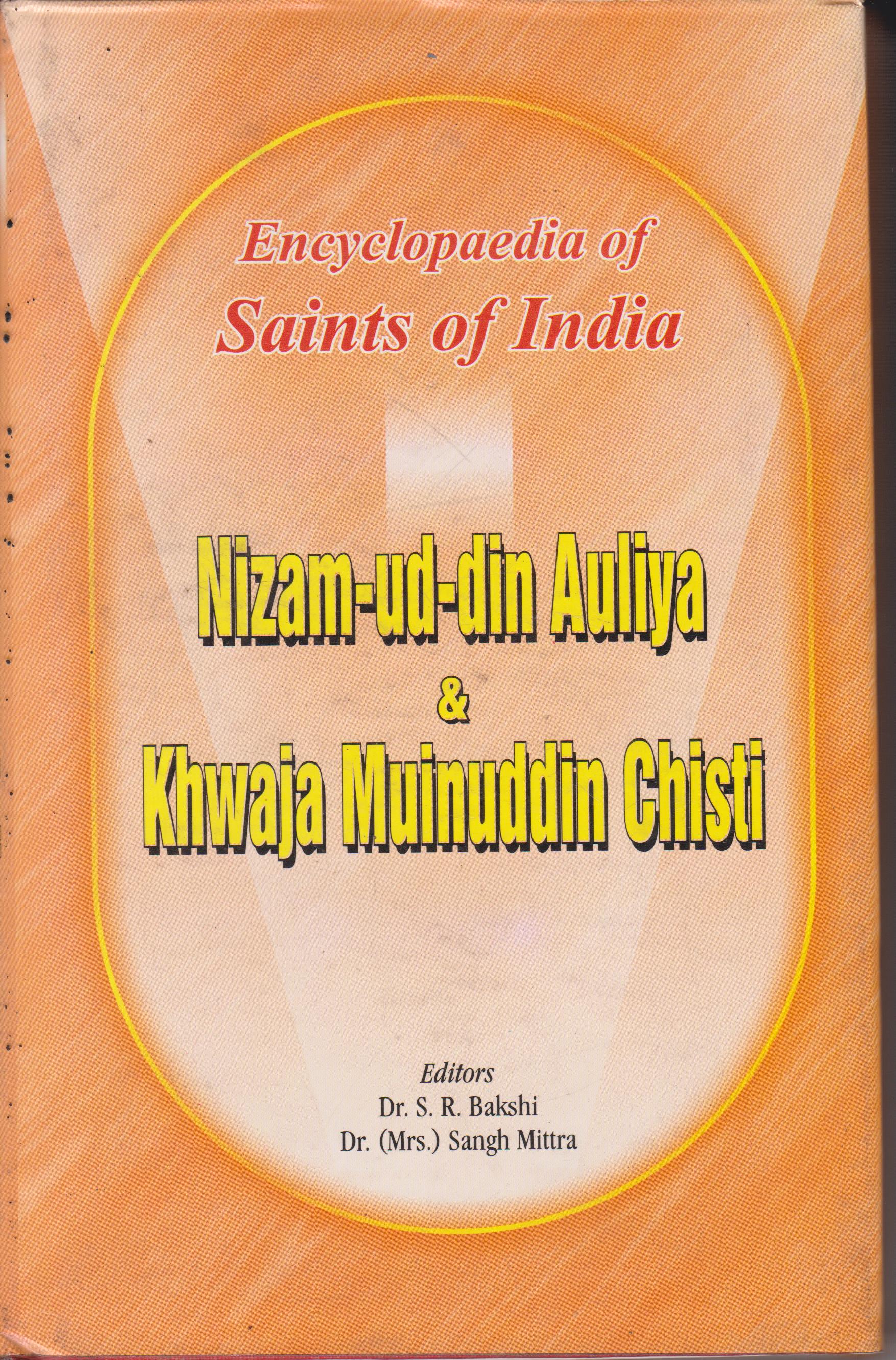

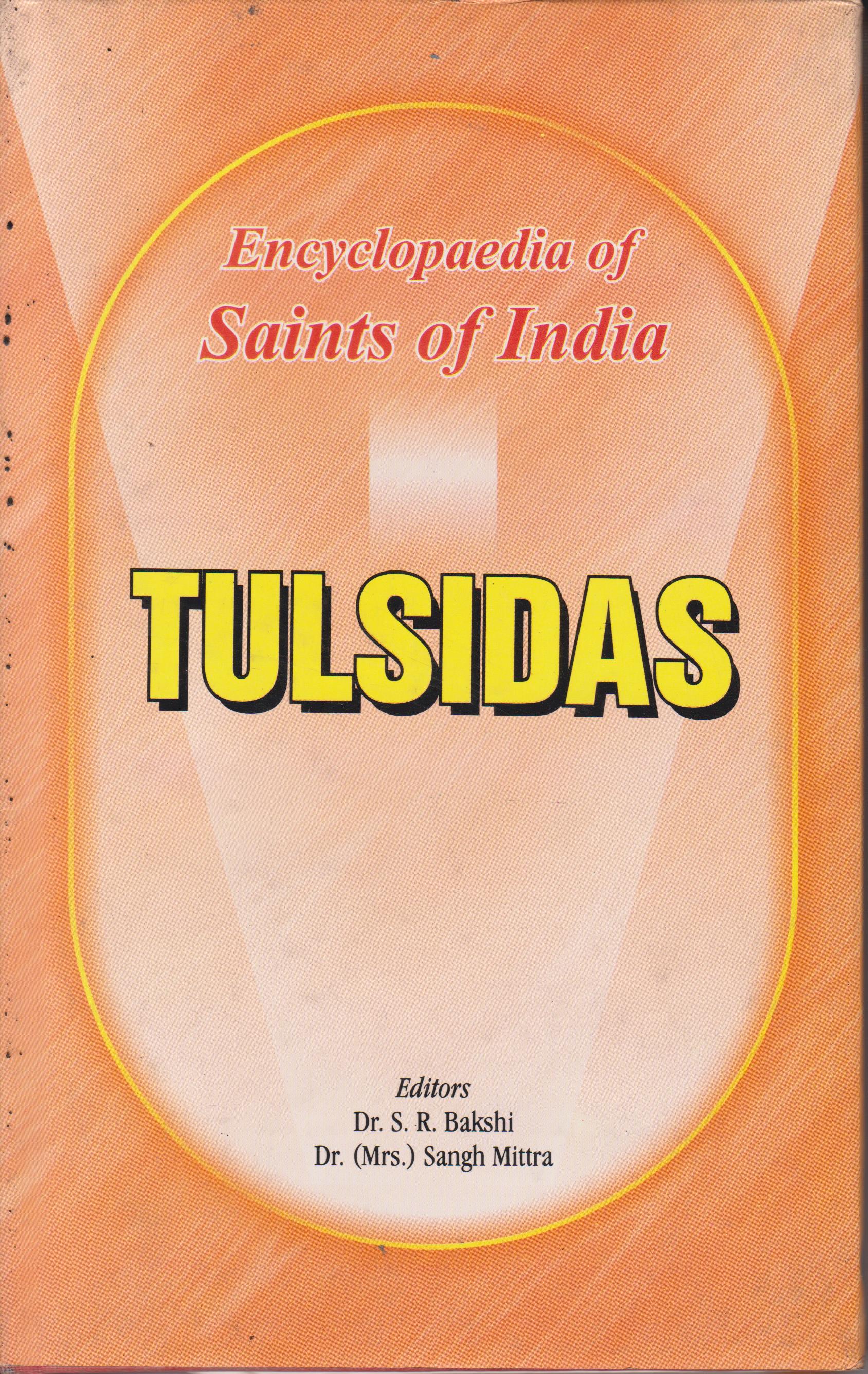
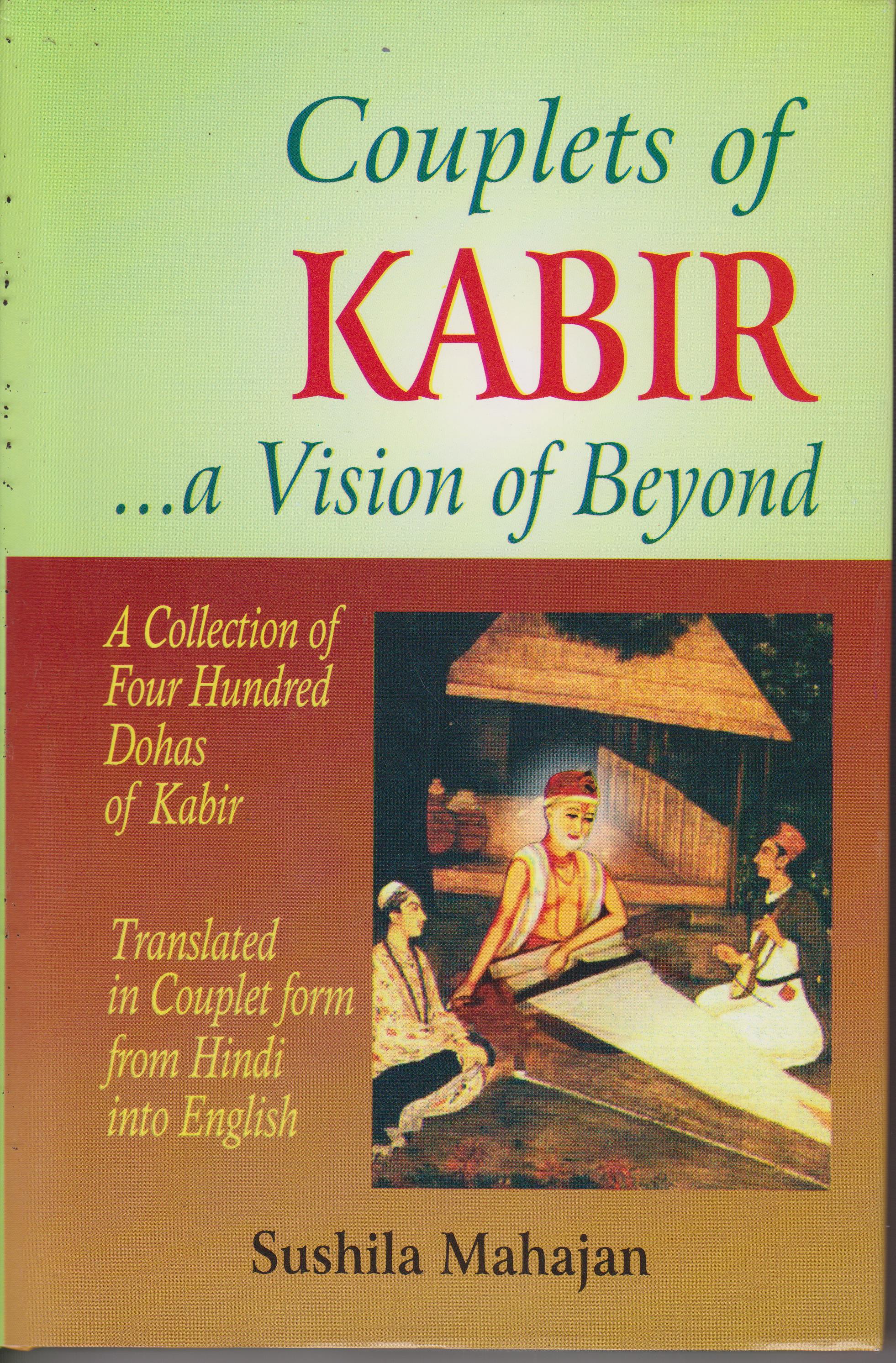
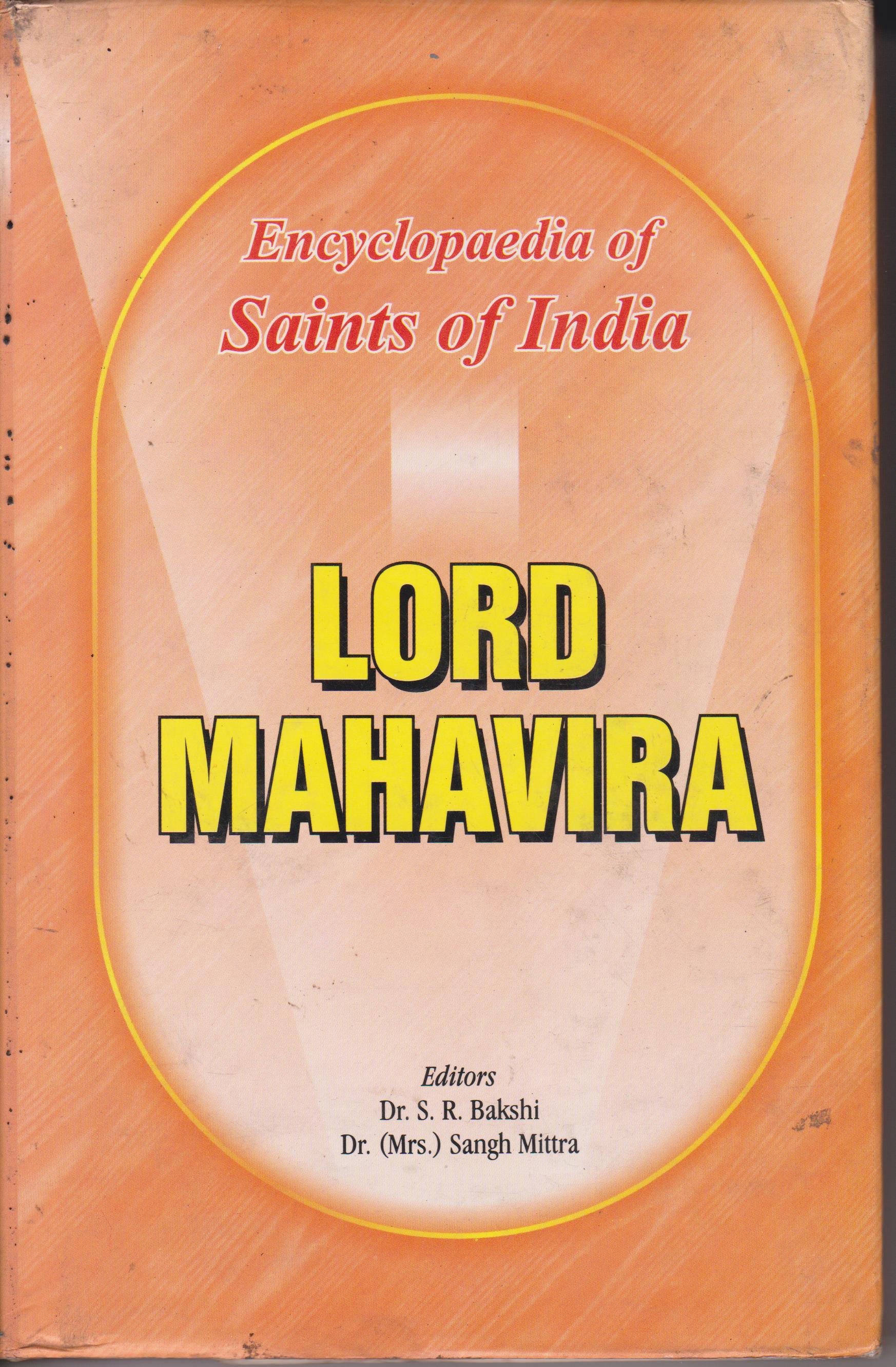
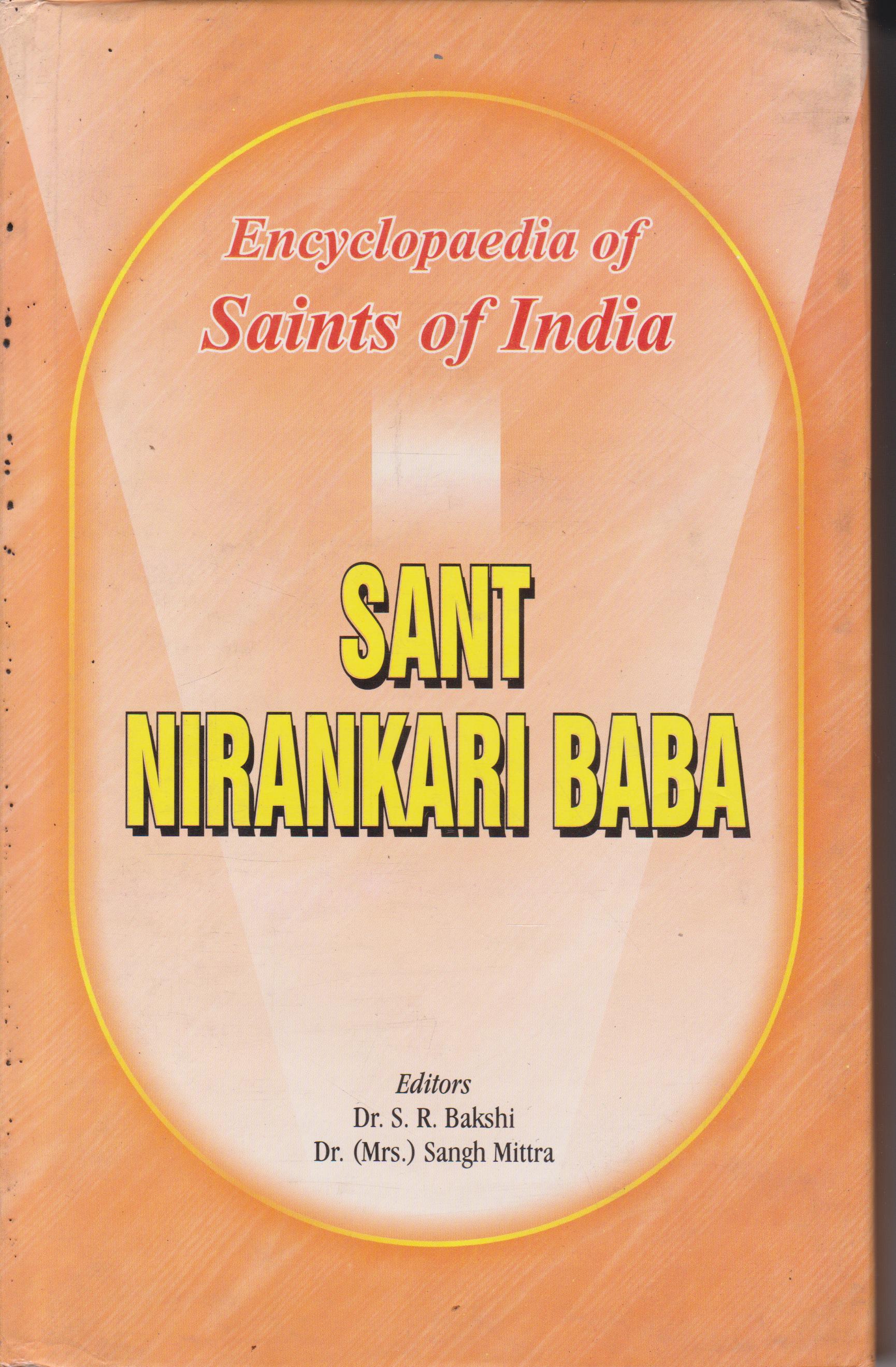
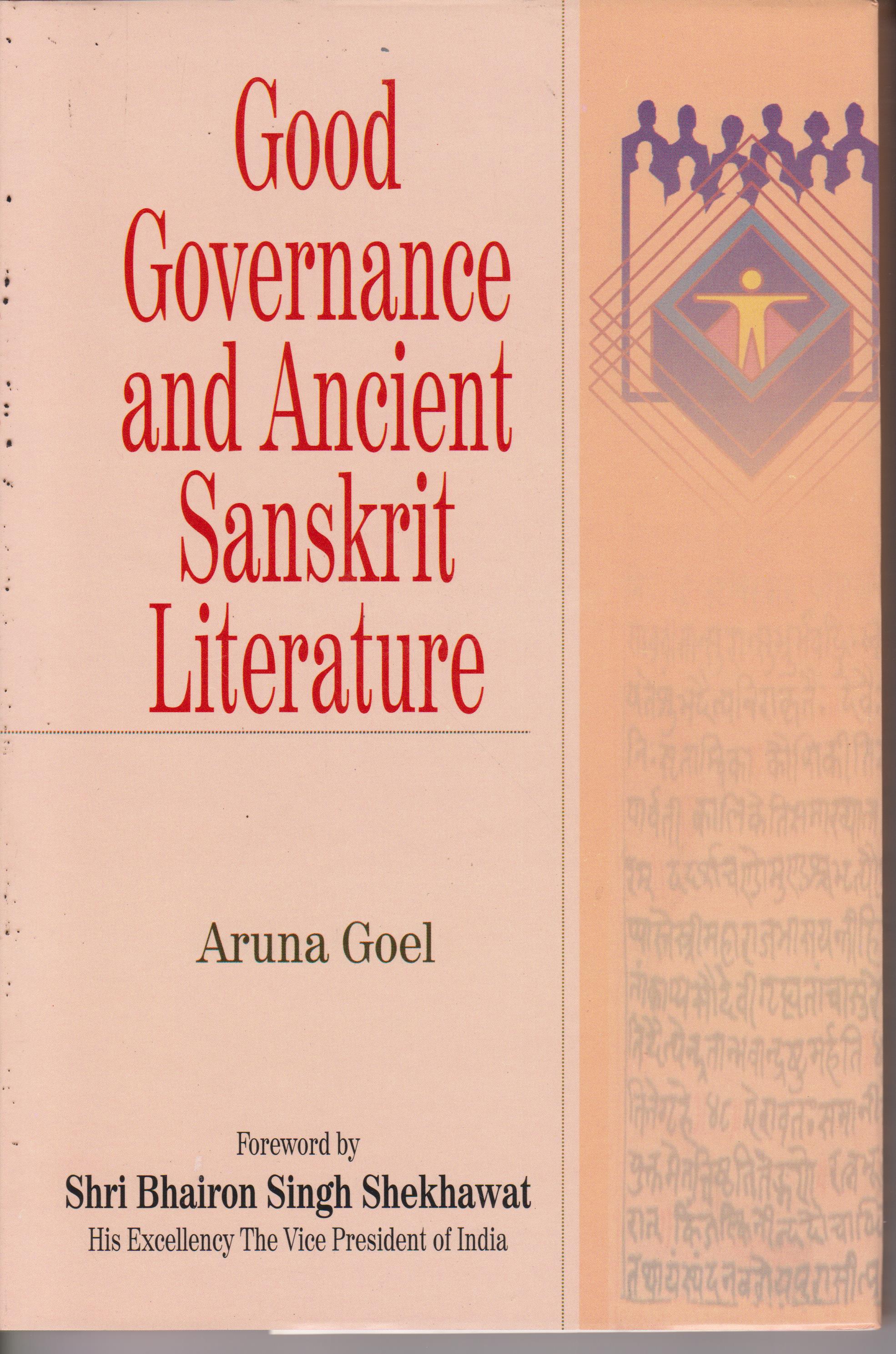
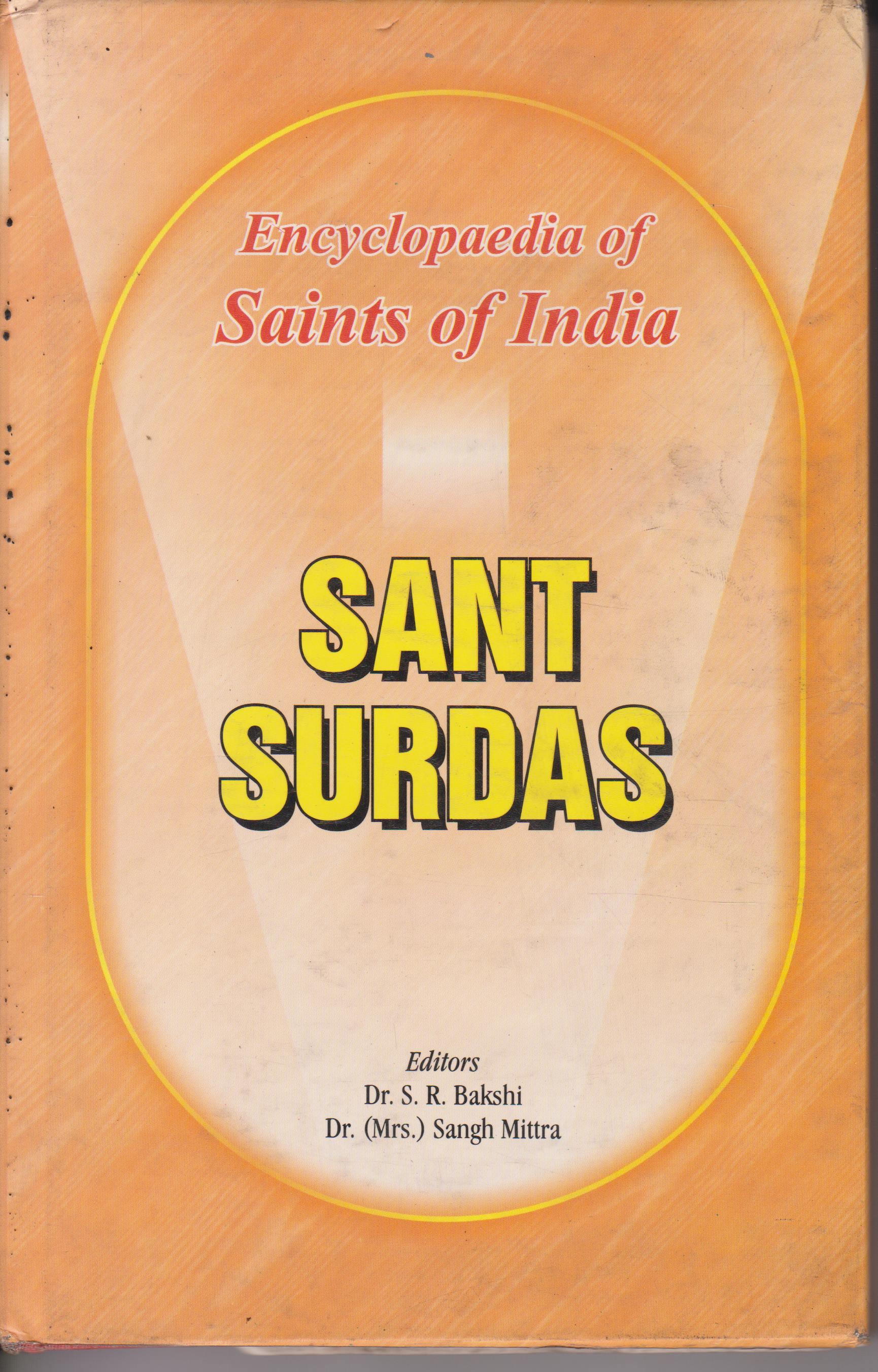



Reviews
There are no reviews yet.